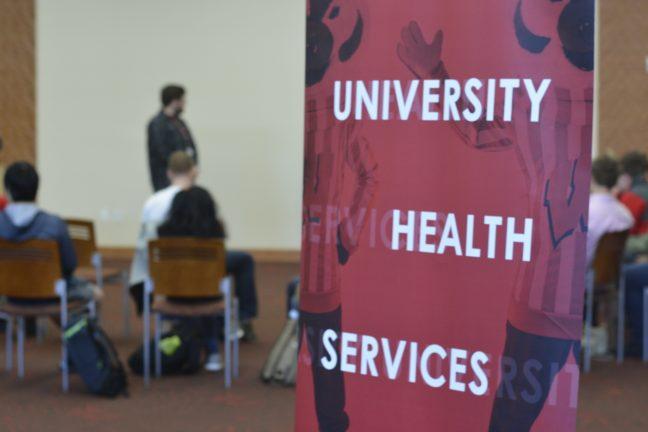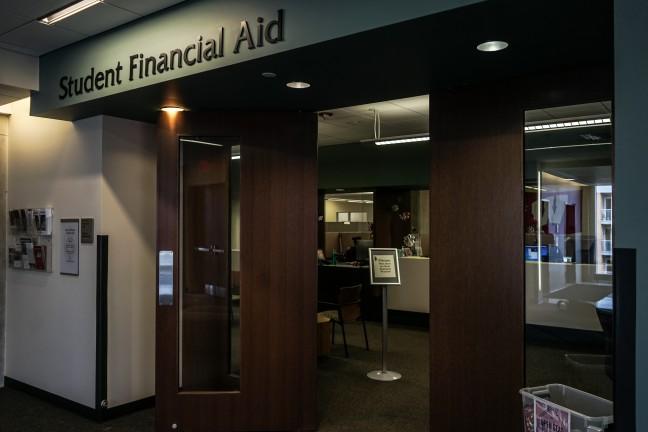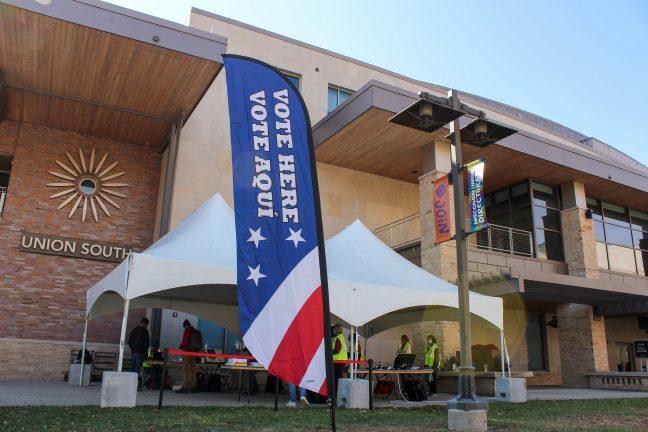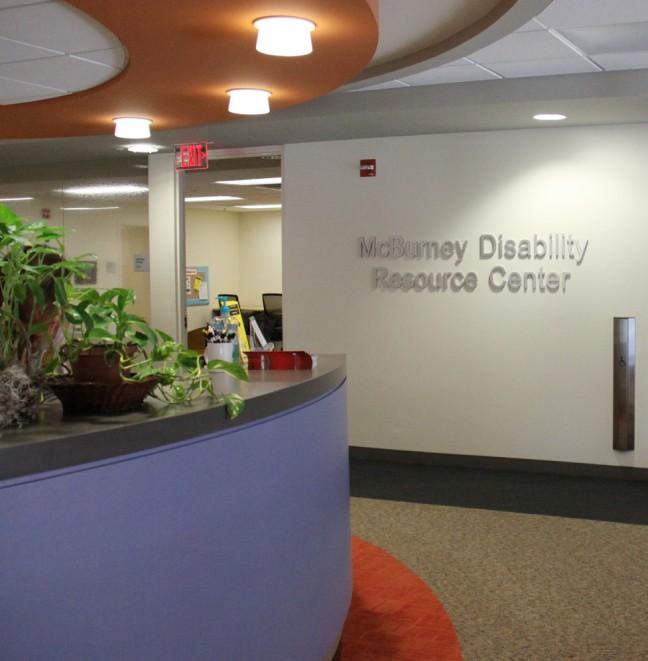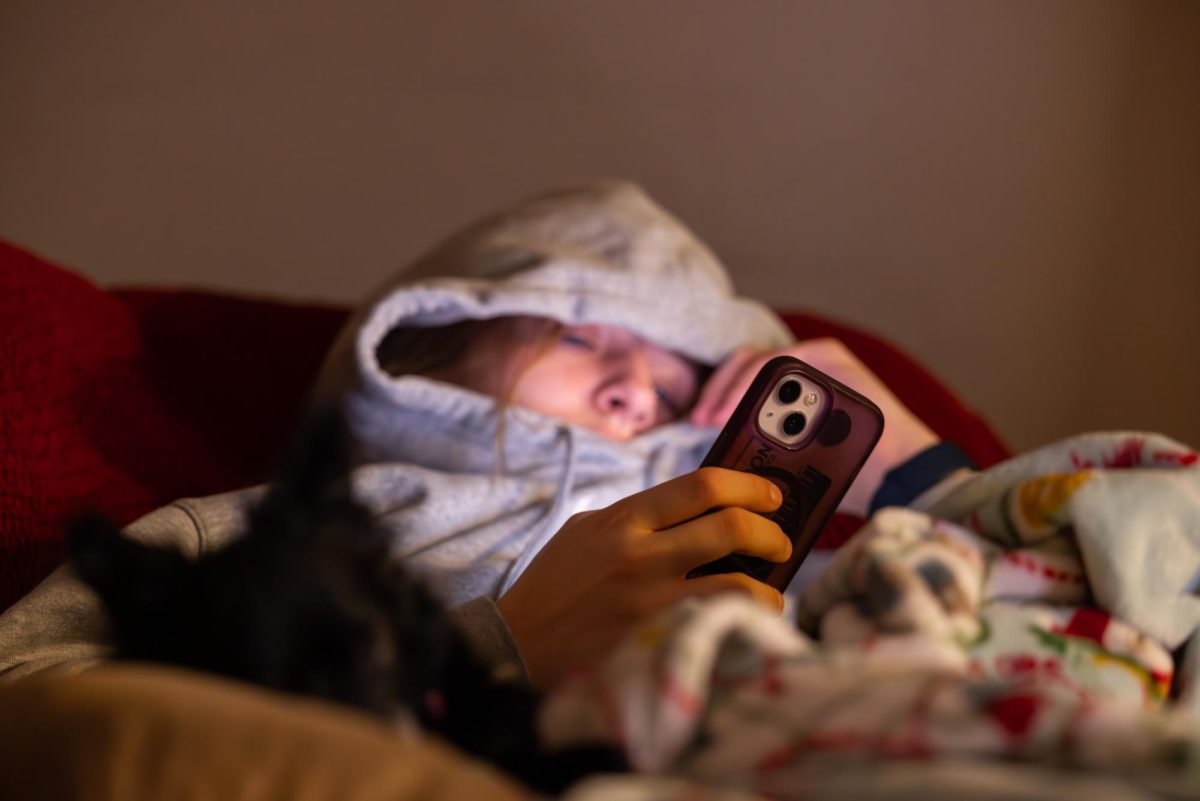University Health Services is committed to improving students’ access to no-cost Mental Health Services (MHS) and the quality of those services. We’re excited to share more information about the changes we’ve made this fall to our systems to improve both access and treatment for students — changes and additional services that come from student feedback and requests.
In August, University Health Services launched an improved phone-based model for students to access Mental Health Services, replacing the drop-in triage system. This change was prompted largely by data gathered during the last two years about how students access and use Mental Health Services at UHS.
During the 2016-17 academic year, about 25 percent of clients attended one appointment. Fifty percent attended two or fewer. Students also expressed a preference to schedule appointments around their other commitments.
Students may still see a counselor up to ten times within a year of their first appointment, plus ten more appointments prior to graduation. Psychiatry visits are unlimited with no appointment limit that restricts a student’s access to prescribed medication or care consultations.
Since implementation of our new access system Aug. 28, Mental Health Services has been able to see 24 percent more students than the same time period in the previous year. After an access consultation, students meet with a mental health provider within two weeks.
Mental health awareness education must be required for all students in health care
We recognize that chronic mental health needs might not be fully met at UHS. We are here to help students determine their best course of care and to support them in accessing that care. Sometimes that means seeking specialized treatment options in the community.
In those cases, students may meet with a UHS Care Manager to explore local health care options taking into account the students’ insurance, resources, transportation, and other unique needs. And if in the future, students’ clinical needs change, we would encourage them to be in touch with us through an access consultation so we can help them get connected to appropriate services at that time.
For a many students, group counseling and our new online mental health resources best meets their needs.
Group counseling — including but not limited to support groups — are another unlimited treatment option. Interpersonal Process groups, for example, are among the most popular group counseling option. These groups involve students engaging with each other, and then evaluating that engagement to improve interpersonal awareness and effectiveness, build coping skills and genuinely support one another.
Mental health advocates discuss alternatives to incarcerating the mentally ill
A recent review of MHS services found that students in UHS group counseling options saw symptom improvement on-par with individual or even intensive outpatient treatment options.
UHS also launched a new e-health options available to students at no cost. SilverCloud is an online, self-guided, interactive mental health resource that provides UW-Madison students and employees with accessible treatment options 24 hours a day and includes modules and resources for health topics including depression, anxiety, body image, and stress. A second product, YOU@WISC, is a customized student well-being portal with tools, content, and resources — including surveys — organized into sections that closely mirror the comprehensive college experience and should be available in spring 2018.
By offering a variety of treatment options, we hope to encourage students to take care of their mental health however that looks for the individual — whether at UHS, around campus through our #Beyond333 initiatives, or in the community. For more information about access consultations, individual and group counseling options, or other mental health services available to students, visit uhs.wisc.edu/mental-health.
Angela Janis and Andrea Lawson are co-directors of Mental Health Services at University Health Services.


